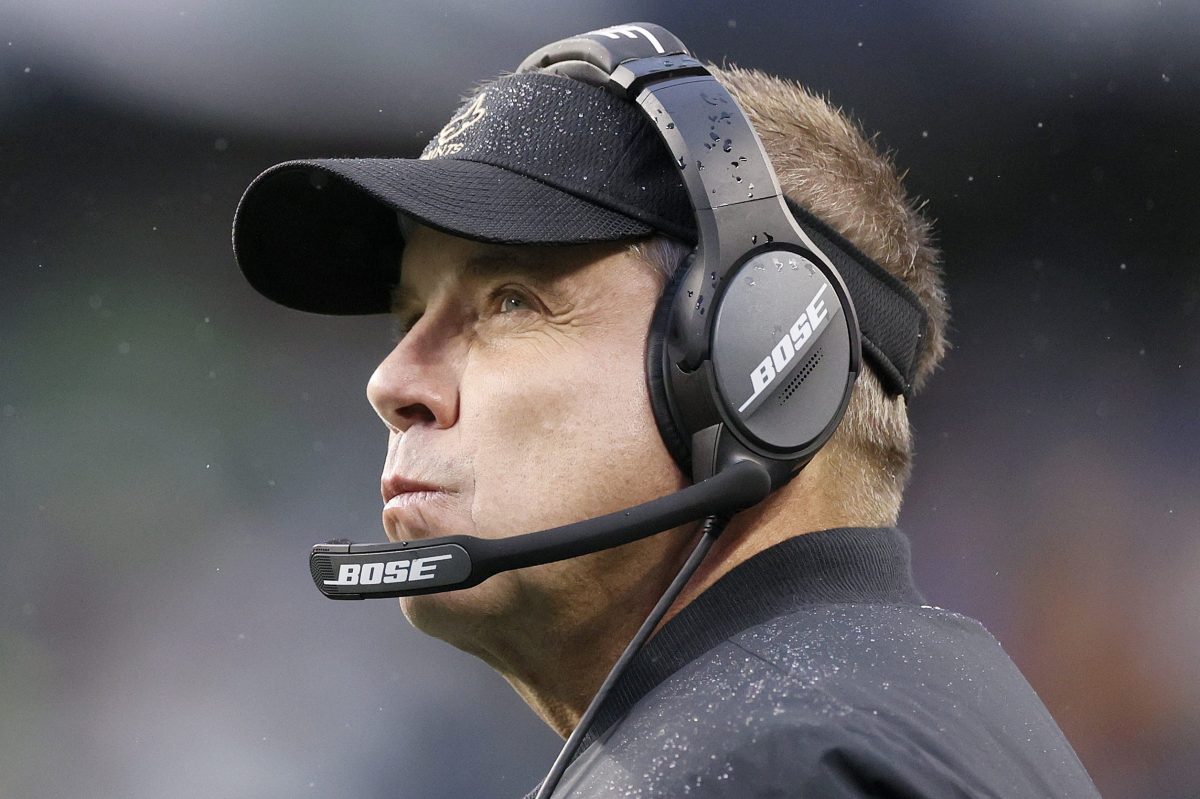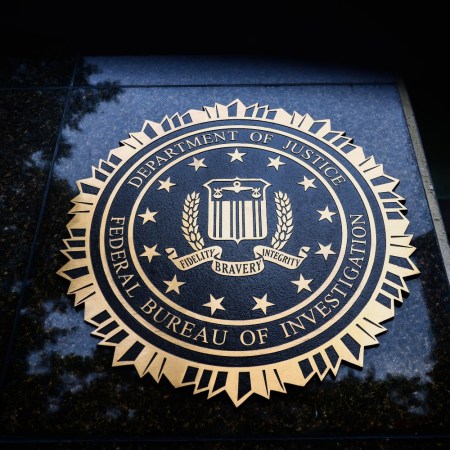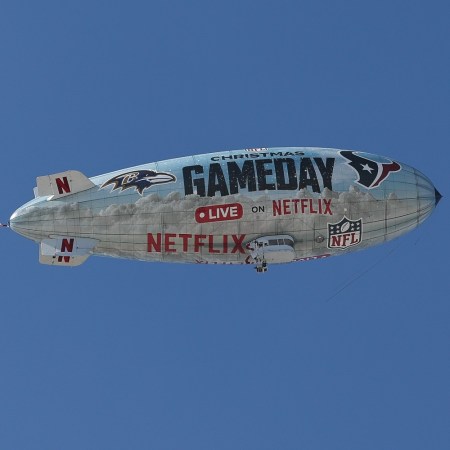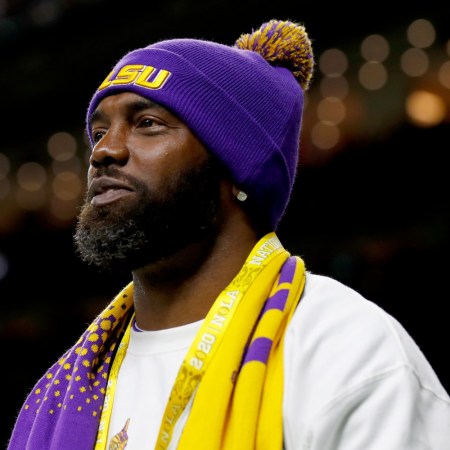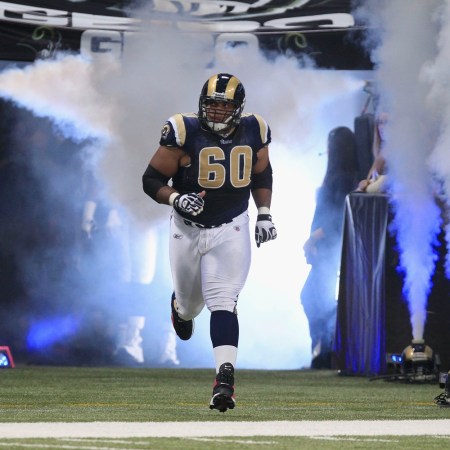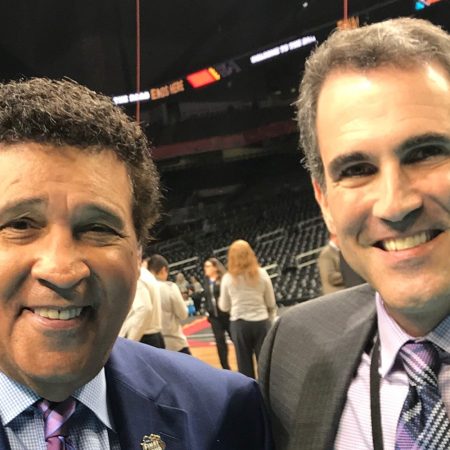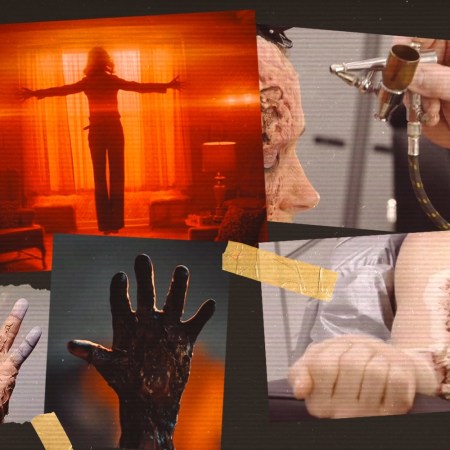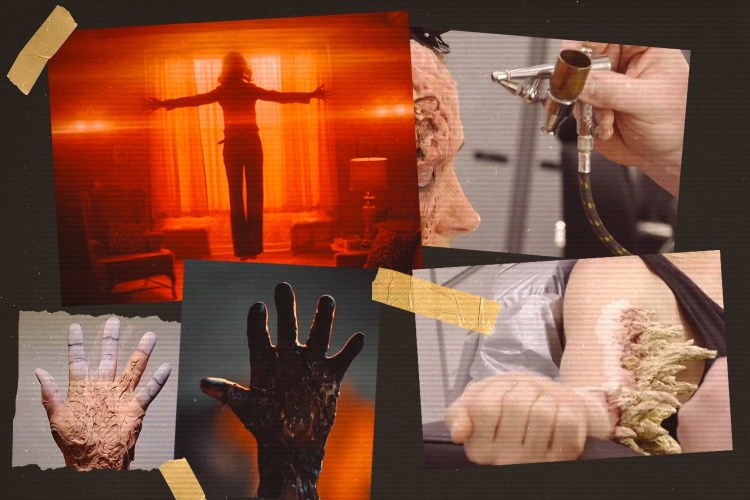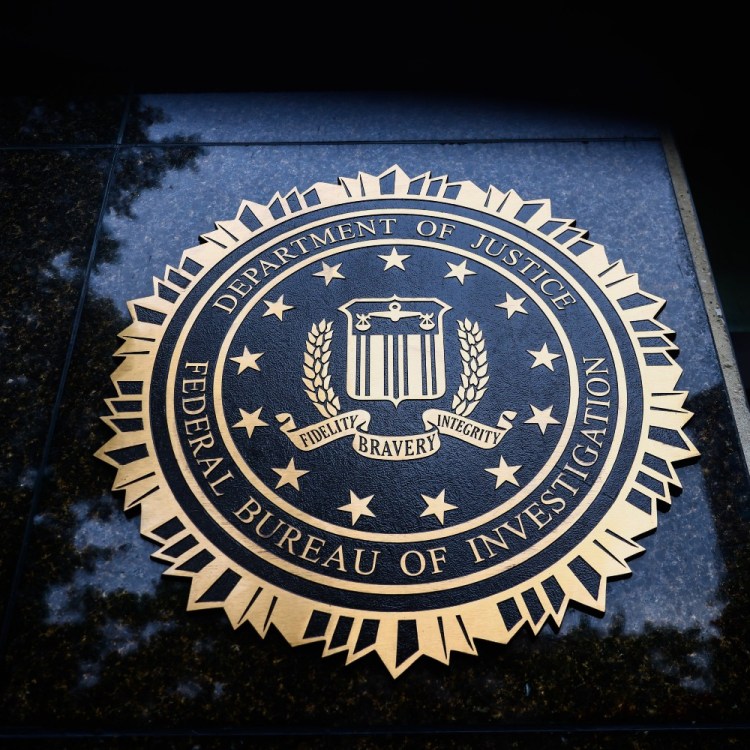Don’t expect to see Sean Payton on the sidelines coaching the New Orleans Saints following last month’s announcement that he was stepping away from the team 16 years after he was hired. But be very, very surprised if you don’t see him on TV next season as a fixture on some lucky broadcaster’s NFL coverage.
Payton, whose regular-season record in New Orleans was a stellar 152-89, hasn’t announced which network’s team he’ll be joining, but it seems like a foregone conclusion he’ll spend next season working in the booth or studio before a possible return to the locker room and field for the 2023 NFL season.
“I enjoy the game. I enjoy being around it and we’ll see what happens from here,” he tells InsideHook. “We’re figuring out the next chapter and whether it’s going to involve a relocation. A lot of it would be dependent on where my next job is and what media form it’s in and then where’s that located. We’ll always have a presence in New Orleans. But as a coach, you’re used to moving about 10 times, so number 11 will be number 11 and it won’t be probably any different. It’s exciting. It’s unsettling a little bit, but that’s okay.”
Drew Brees, who became a star in New Orleans under Payton’s watch and quarterbacked the Saints to a win in Super Bowl XLIV over the Colts, just made the jump from the field to the booth last season. While Brees brings a former quarterback’s unique perspective to the table, Payon believes the benchmark for football analysis belongs to an ex-coach.
“John Madden is probably is the gold standard,” he says. “He coached 10 years, won a Super Bowl with the Raiders and then stepped into the booth. It’s happened a number of times. His ability to relate to what’s happening in a game and communicate in a fan-friendly way was important.”
Wherever Payton – who has three years remaining on his contract with the Saints and would probably have to be traded for compensation if he wanted to coach another team — winds up, he’ll be bringing his appreciation for the advanced football analytics Zebra Technologies provides to the NFL via on-field player tracking with him.
“We were an analytic team,” Payton says of the Saints. “When we looked at players in the draft or signed players, there were certain height, weight, size and speed measurements that we thought were important. During the scouting process, this technology helped us be more efficient in identifying who we were looking for. That saved time. It did the same thing during the workweek. Each player has its own unique number and chip code. I could pull up formations and find the location of players because the chips are all personalized. If you’re looking for all the two-by-two formations where Wes Welker played in the slot, you can pull that up no different than pulling up music digitally. A job you used to have to do over a three-hour period you can now pretty much do right away.”
But don’t expect Payton to fall into the trap of strictly relying on analytics that caught some head coaches this season.
“There’s a lot that goes into when someone says they’re an analytics-based team. There are so many things that go into that statement,” Payton says. “I’m not choosing to go for it on fourth down or to not go for it on fourth down based on data. There’s a lot more that goes into those decisions. It may have to do with injuries, where we’re at in the game or what the score of the game is. You’re also putting together your decisions relative to what you’re seeing. It’s just doing your homework correctly and being thorough. I would put it in that category of maniacal attention to detail.”
It won’t be next season, but look for Payton and his maniacal attention to detail to return to the NFL in the future.
Whether you’re looking to get into shape, or just get out of a funk, The Charge has got you covered. Sign up for our new wellness newsletter today.
